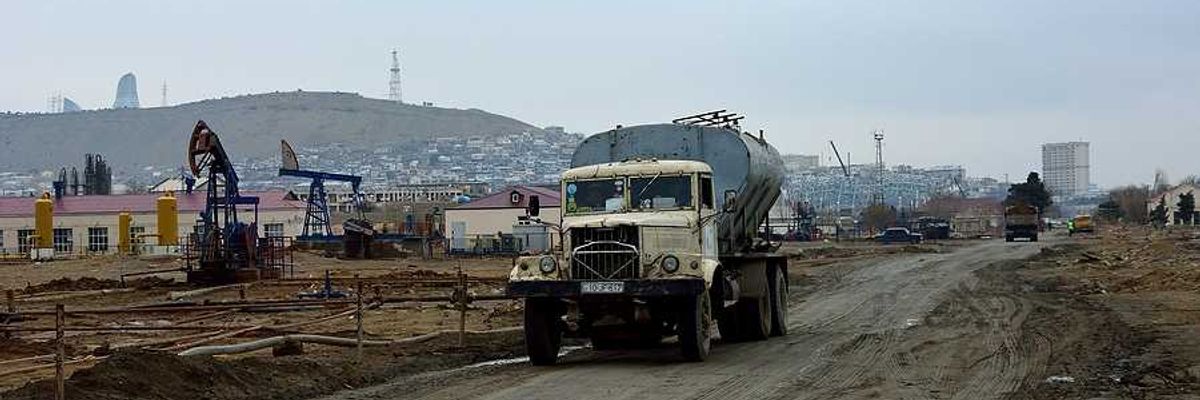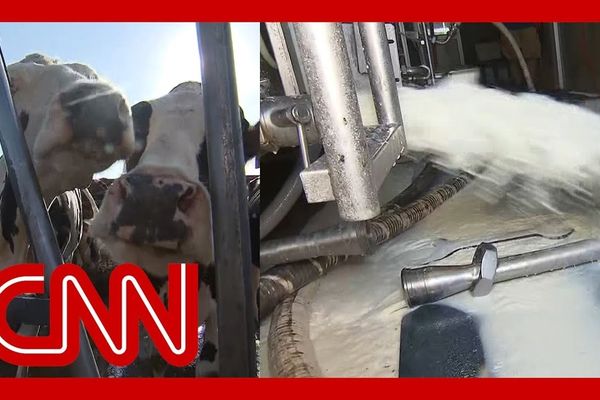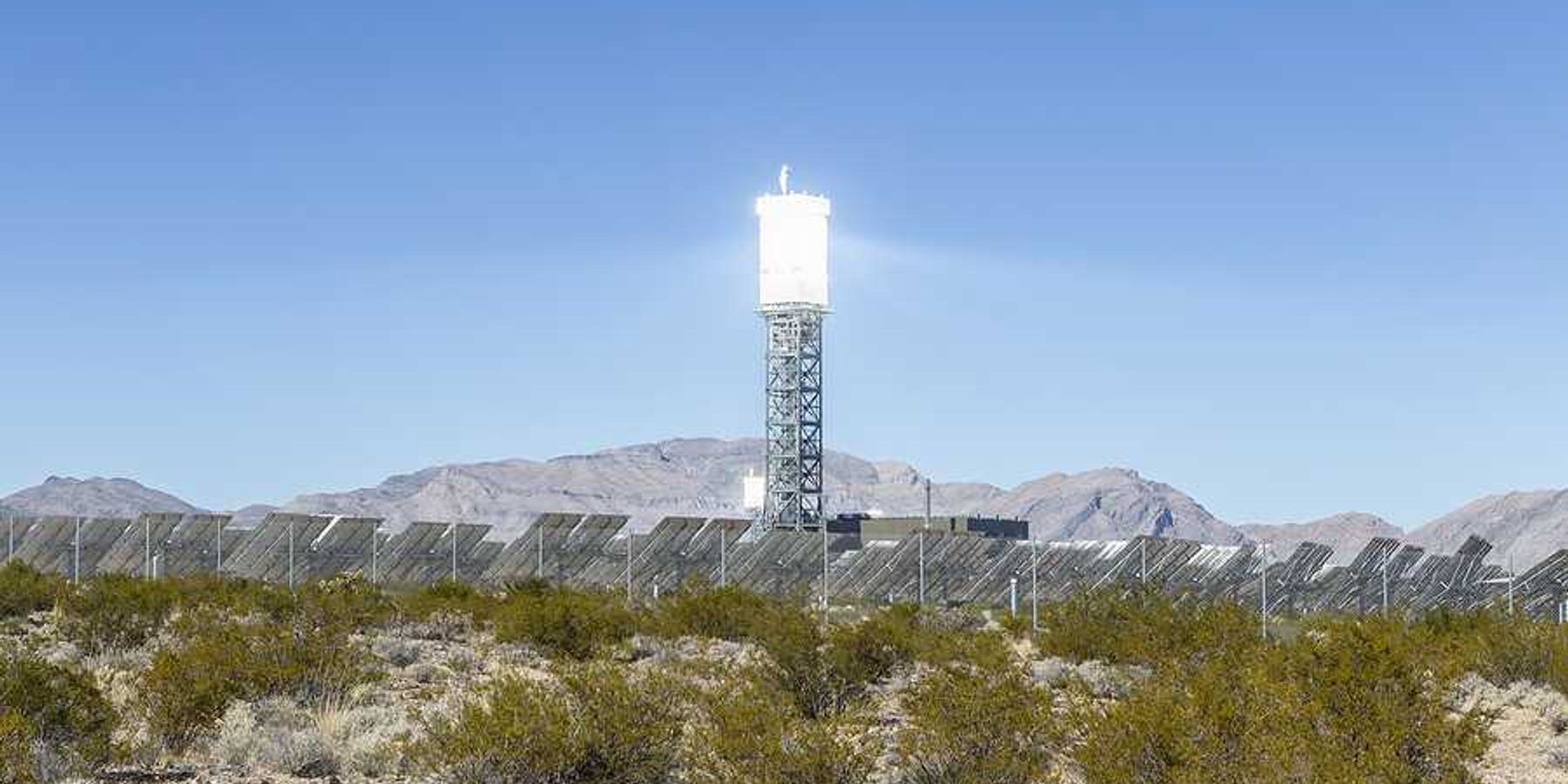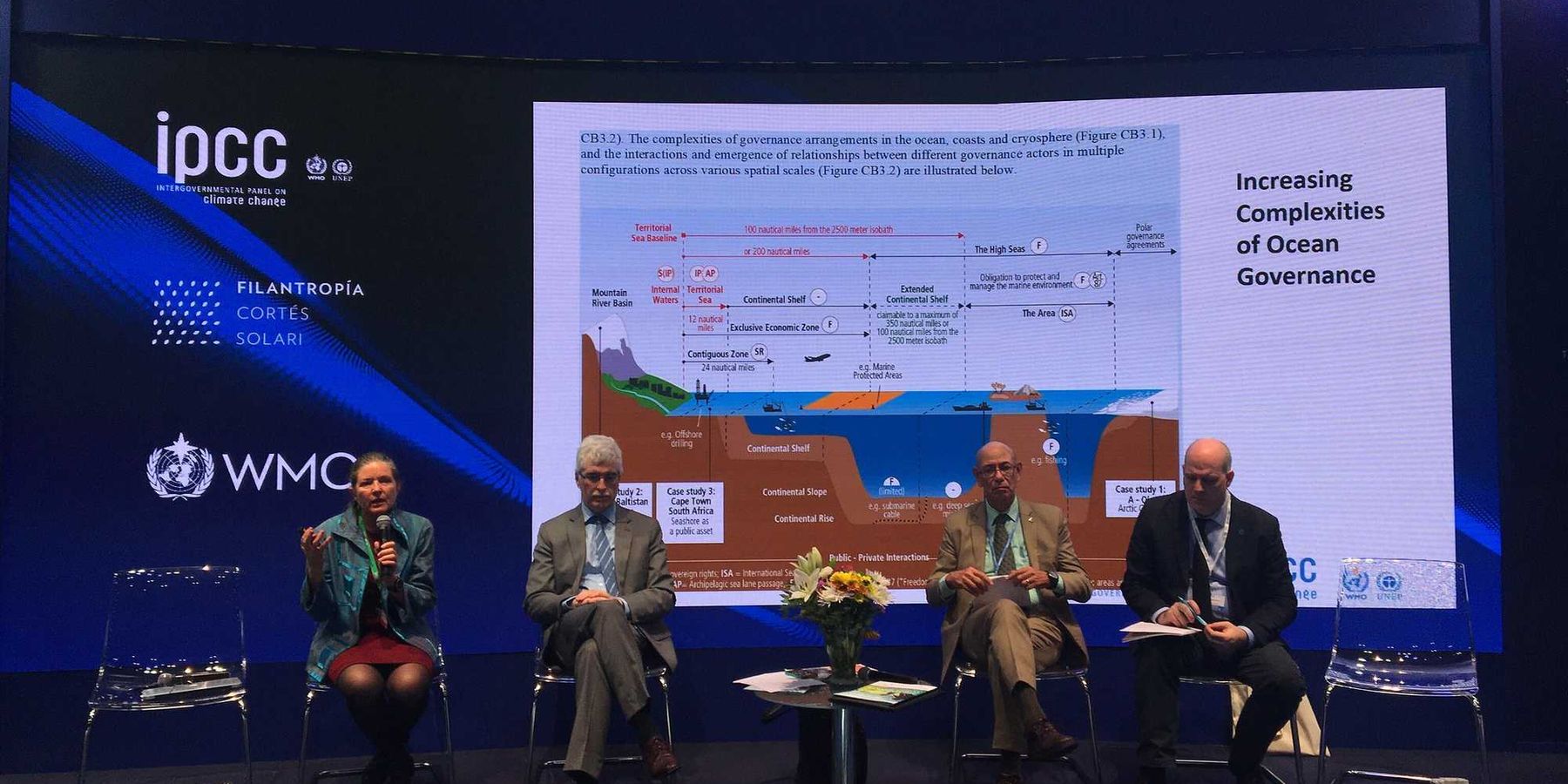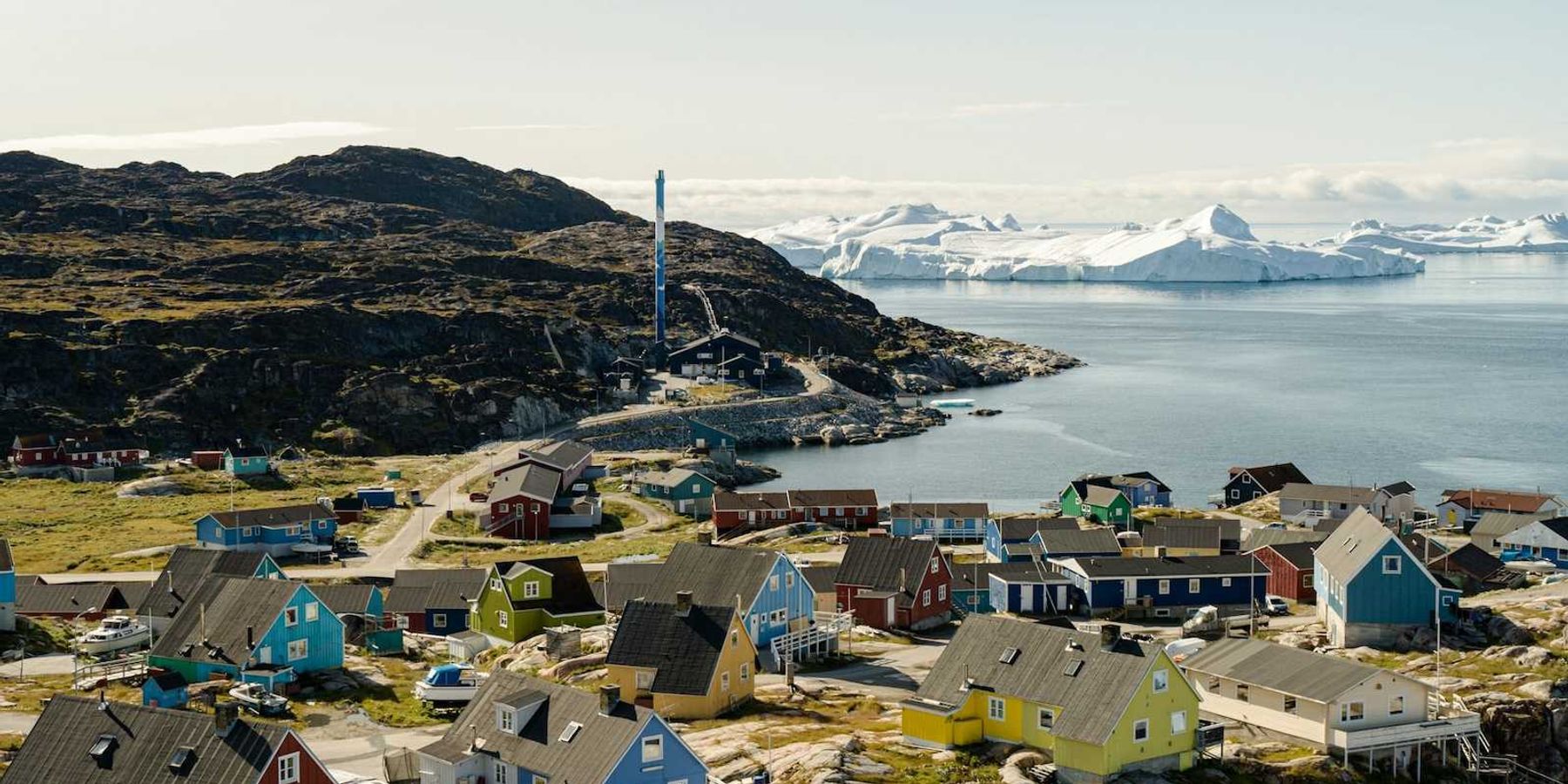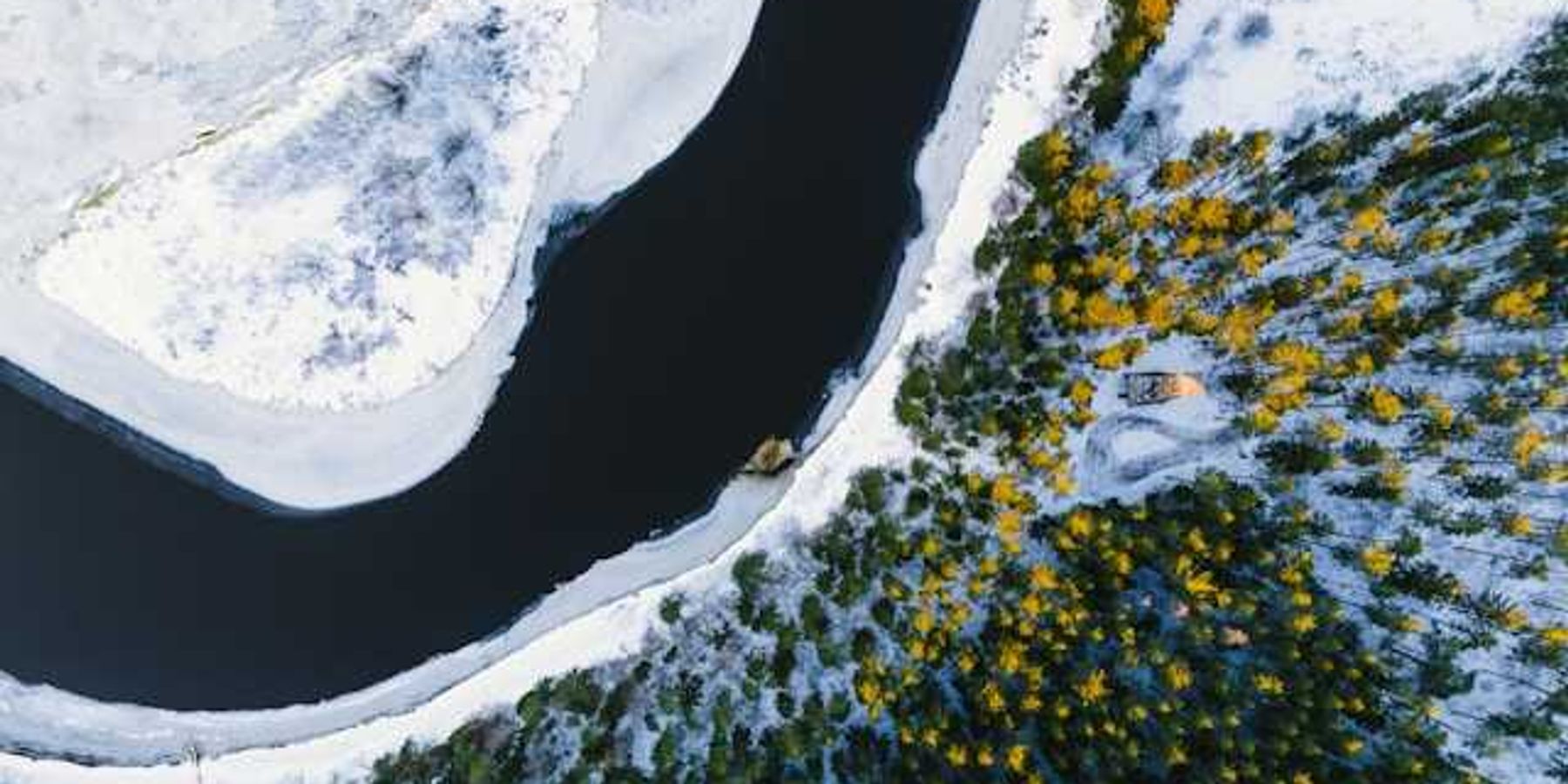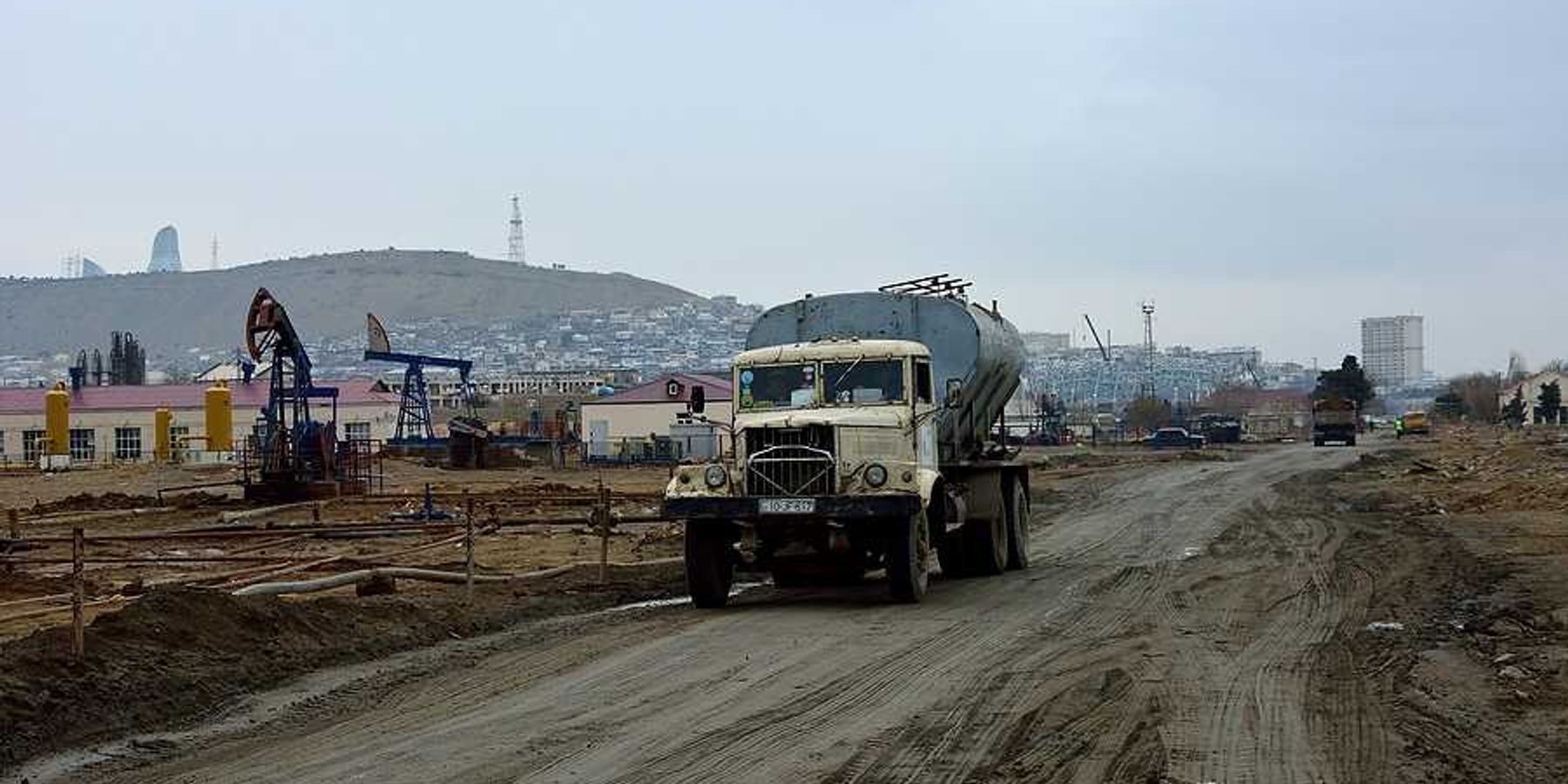cnn
Peter Dykstra: Icebreaker
Long frozen out of presidential politics, CNN's seven-hour climate marathon may make global warming cool again.
The liberal watchdog group Media Matters for America tallied 142 minutes of climate news coverage on the nightly network newscasts and Sunday political talk shows in 2018.
That's two hours, 22 minutes for the entire calendar year, and an hour's worth of those minutes came in an all-climate Meet the Press show.
On Wednesday evening—CNN devoted 420 minutes (seven hours!) – to grilling the 10 leading Democratic presidential candidates on climate change.
In one night.
CNN anchors like Wolf Blitzer paired off to question each of the candidates for 20 minutes, with an ample supply of well-schooled questions from what was clearly a hand-picked audience of activists, scientists, teachers and more.
All kept the questions relevant and useful. As a result, we may never know what's on Amy Klobuchar's Spotify list.
Julián Castro opened the evening at 5pm Eastern with a focus on climate justice. Senator Kamala Harris said she'd end the Senate filibuster rule solely to prevent a Republican blockade of climate legislation should the Dems win control of the Senate.
Minnesota's Klobuchar emphasized climate impacts in the Midwest. Pete Buttigeig linked it to spirituality. Bernie Sanders went for the throats of Big Oil.
Elizabeth Warren and Cory Booker came the closest to righteous anger.
Joe Biden stressed the importance of holding China's feet to the fire. "You can't very well preach to the choir if you can't sing," he said. Tell it, Brother Joe.
At times, the infothon took detours into non-climate-related environmental issues. Much was said about biodiversity, plastic pollution in the ocean, PFAS chemicals, lead in urban drinking water, and more. It was as if CNN wanted to burst out of its – and all news networks' – environmental omerta.
To be sure, there were rough spots. The normally self-assured Harris tried to BS her way through responses to two questions about the melting Arctic and global security. Biden seemed defensive when asked about a high dollar fossil fuel donor.
The candidates and CNN anchors both fell into insider jargon but didn't explain what, for example, the IPCC is, or why methane is a very bad thing for the climate. Kudos to Anderson Cooper for trying an explanation of Marcellus Shale. CNN's in-house climate expert, Bill Weir, could have been given a bigger role.
If you're speaking to the minority of viewers who are climate-woke, such things need no explanation. But the vast majority of viewers need to be welcomed in, not driven away by exclusionary language.
It's already asking a lot for the average viewer to connect the dots from cow belches to the Burger King drive-thru to disappearing glaciers to sunny-day floods in South Beach.
Seven hours. I worked for CNN on these issues for almost 18 years. I'm not sure we got seven hours' worth of climate stories in newscasts in all that time. But never mind. Sacrificing a full night's worth of prime time is a major step toward giving the proper respect to what a majority of the Dem candidates called an "existential" issue. One seven-hour step for a network…
What will be really interesting is how climate will play as an element in the debates between President Trump and the Democrats' nominee. The last time climate change came up in a debate between the nominees was 2008. Moderator Bob Schieffer of CBS bungled the question, referring to climate control —the plumbers' term for heating and air conditioning.
Here's more evidence that, if you'll pardon the expression, the ice has been broken: MSNBC has announced a candidates' "Climate Forum" on September 19 and 20.
Next year's moderators have a year to get it right. Wednesday's moderator conduct would be a good model. The differences between Trump and any of the 10 Dems on climate are vast.
Environmentalists have predicted for years that climate and environment would be crucial issues for voters for the White House and Congress. This time, they may finally be correct.
In the 10 years since I left CNN, there are many times I've felt embarrassed or angered by what the place has become: Obsessive coverage of soon-to-be-forgotten stories like the missing Malaysian airliner, or relentless parades of panels of Washington blowhards stating the obvious about Trump.
Wednesday night, for seven hours, every single person who appeared behaved like a grownup and shared ideas about solving the preeminent problem of our lives.
I've never been prouder of the place.
We watched all 7 hours of CNN’s climate town hall so you didn’t have to
Peter Dykstra: Is CNN back in the game?
CNN was a leader in broadcast coverage of science and environment until Fox News came along to rule cable news. Now, years later, it looks like CNN may be back.
I used to oversee CNN's science and environment coverage in the 1990s up through 2008. Founder Ted Turner had insisted on an uncommonly strong effort on those beats.
We had fulltime correspondents for science and the environment.
We produced solid news stories, a couple of half-hour weekly shows, and an occasional special on things like the 1992 Rio Earth Summit. An hour-long piece on the 1993 Mississippi River floods, for example, won an Emmy.
The mid-2000's turned out to be a boom time for the beat(s), which in the perverse world of news almost always means someone is suffering: 2004 brought a ruinous Atlantic hurricane season, with four major storms crisscrossing Florida—Charlie, Frances, Ivan, and Jeanne.
Year's end brought the Indian Ocean tsunami, with its horrific, six-figure death toll; and 2005 brought Katrina, which forever re-shaped our notion of the damage potential of extreme weather.
Our environment team also contributed a blog to CNN's growing web presence. Our blog grew to the network's fourth most-visited entry, exceeded only by the big-name blogs of Anderson Cooper, Wolf Blitzer, and Lou Dobbs.
During that time, CNN saw its cable dominance eclipsed by Fox News. Every year or two, another CNN chief would vanish into the executive Bermuda Triangle, and the network reduced its staff by about 20 percent.
When the economy blew up in 2008, CNN made a decision that I've always regarded as being perfectly defensible from a business standpoint, but an awful one for journalism: If CNN's goal was to compete with Fox, CNN didn't need science and environment coverage.
Nearly a dozen of us were cut loose, and in doing so, CNN sent its staff a powerful message that pitching science and environment stories was no way to advance one's career.
Science and environment coverage languished. In the following years, content analysis from the liberal watchdog Media Matters for America showed paltry attention to climate change across all national TV entities.
CNN lagged behind its direct competitors at both MSNBC and Fox News – and the latter's climate coverage was almost all in the framework of climate denial.
Enter Jeff Zucker, former NBC CEO, in 2013. When asked the following year about the absence of climate coverage on the network, Zucker gave what I considered a refreshingly honest excuse.
"Climate change is one of those stories that deserves more attention, that we all talk about," Zucker said, "but we haven't figured out how to engage the audience in that story in a meaningful way. When we do do those stories, there does tend to be a tremendous amount of lack of interest on the audience's part."
Well, okay then.
In one terse statement, Zucker acknowledged evidence of a warming Earth and evidence that hell is freezing over due to a network boss being honest. Then he threw the audience under the bus.
Zucker's retained his CNN stripes for six years. To his credit, CNN emerged from its climate coma when Bill Weir joined the network less than a year after Zucker's arrival, building a series of visits to natural gems called "The Wonder List."
Much of his recent work has focused on the Trump Administration's regulatory purge. He carries the title of CNN's Chief Climate Correspondent. Here's a link to his recent stories.
John D. Sutter is a climate specialist for CNN Digital whose work often appears on the TV side, and Drew Griffin is an investigative reporter who's filing frequent environmental pieces.
But 2019 seems the year that Zucker's search for climate coverage is overtaking the rest of the network.
I watch more than the recommended daily allotment of CNN, and here's a slice of what I've seen in the past week or so on climate and environment:
- A four-minute (TV's notion of "eternity") piece on potential cancer risks from PFAS chemicals;
- An equally eternal investigative piece on the Trump Administration's revival of a controversial mining proposal in Alaska;
- An announcement that 10 Democratic Presidential candidates will join a CNN "Town Hall" on climate on Sept. 4;
- Arwa Damon, best known for her intrepid reports from Middle East conflict zones, in the mid-Atlantic's Sargasso Sea, scooping up ungodly amounts of plastic;
- Extensive reporting from Brazil on the rampant Amazon wildfires and their climate implications;
- Reporter Frederik Pleitgen from Greenland, amidst President Trump's sudden urge to buy the melting island
- An hour-long (!!) prime-time special hosted by the network's rock-star doctor, Sanjay Gupta, on rising health risks from Trump's regulatory purge at EPA.
These projects are significant on their own merits, but on TV, making the financial commitment stories in places like Greenland, Bristol Bay, Alaska, or the Sargasso Sea implies that the Executive Suite is taking it seriously.
I've been out of CNN for a decade, so I can't take credit for any of this. And I really don't want any credit for the incessant panel discussions of Donald Trump's latest Twitter eruptions.
But the climate/environment upswing is both welcome and long overdue.
I used to exhort our colleagues to produce news pieces that look smart on the day they run, and look even smarter 20 years later. The stuff we aired in 1999 meets that goal.
If today's CNN also complies with the 20-year standard, the world may still be going to hell in a handcart, but at least some journalists can say they've done their job.


